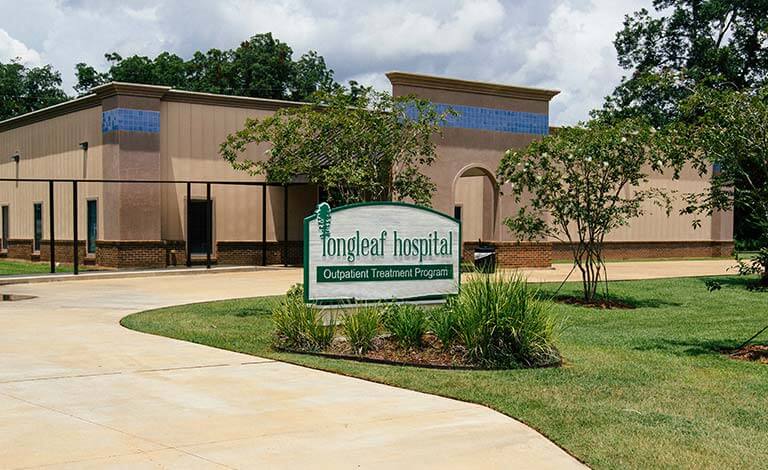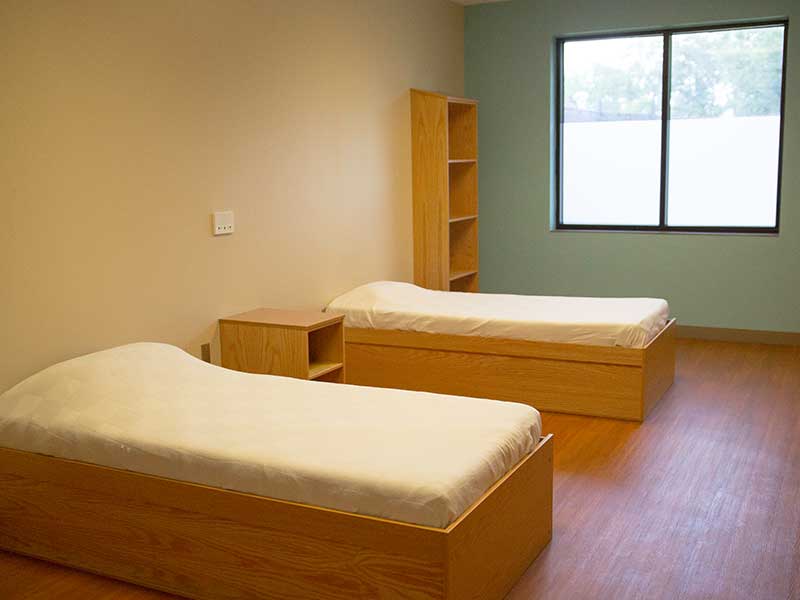Schizophrenia is a severe and potentially debilitating disorder of the brain that leads to an abnormal interpretation of reality that can be characterized by alterations in thoughts and behavior as well as challenges with personal and social interactions. There are many clinics that offer specialized treatment for individuals who are struggling with schizophrenia.
Understanding Schizophrenia
Learn about schizophrenia
Without professional help, the thought problems of the affected individual can result in a state of psychosis that will cause him or her to be disconnected from reality. This may mean that the person who has schizophrenia may believe that they are hearing voices speaking to them (delusions) or begin seeing things that are not truly there (hallucinations).
There are five types of schizophrenia, differentiated by the symptoms a person displays:
Catatonic schizophrenia is a form of schizophrenia that has at least two of these symptoms: challenges moving, resistance to movement, inability to stop moving, abnormal movements, and repeating things that other people say or do.
Disorganized schizophrenia is a form of schizophrenia that involves disorganized thinking and behaviors along with inappropriate affect. A person who has disorganized schizophrenia does not have enough symptoms to meet the criteria for a diagnosis of catatonic schizophrenia.
Paranoid schizophrenia occurs when the person is preoccupied with his or her delusions or auditory hallucinations but does not have the symptoms of disorganized schizophrenia.
Residual schizophrenia is a form of schizophrenia that does not have the full-blown symptoms of schizophrenia or those that involve delusions, paranoia, or heightened sensitivity. Rather, residual schizophrenia is a less severe form of schizophrenia with only lesser symptoms of the disorder, such as decreases in overall functioning, not speaking, or withdrawal.
Undifferentiated schizophrenia is characterized by episodes of two or more of the following: hallucinations, delusions, disorganized speech or behaviors, catatonic behavior, or negative symptoms. A person who has undifferentiated schizophrenia does not qualify for a diagnosis of another form of schizophrenia.
Typically diagnosed in late adolescence or early adulthood, schizophrenia is a chronic, lifelong condition that can lead to severe distress and extreme disability if not properly treated. However, with the right combination of medications and treatment strategies provided by professionals at an effective treatment clinic, many people who have schizophrenia are able to live happy, healthy, and productive lives.
Statistics
Schizophrenia statistics
Schizophrenia affects approximately 1.1% of the population of the United States, or more 2 million individuals, in the United States. This disorder affects 1.5 times as many men as women. Although rare, schizophrenia can sometimes be diagnosed in children.
Causes and Risk Factors
Causes and risk factors for schizophrenia
While the precise cause for the development of schizophrenia remains unknown, experts believe that the disorder is caused by a variety of hereditary, physical, and environmental causes and risk factors. The causes for schizophrenia may include the following:
Genetic: People who have a family history of schizophrenia, particularly if the person who had the disorder is a parent or sibling, are at a higher risk for developing the disorder.
Environmental: Prenatal exposure to viruses and toxins or maternal malnutrition during the first two trimesters may increase the likelihood of developing schizophrenia later in life.
Risk Factors:
- Older paternal age
- Increased immune system activation, related to autoimmune disease or inflammation
- Usage of psychoactive or psychotropic drugs during adolescence or young adulthood
Signs and Symptoms
Signs and symptoms of schizophrenia
The symptoms of schizophrenia range from mild to severe and can lead to impairment in daily functioning. The most common symptoms of schizophrenia may include:
Behavioral symptoms:
- Disorganized speech
- Disorganized behaviors
- Catatonic behaviors
- Lack of speech
- Not making eye contact
- Speaking without inflection or speaking in monotonous voice
- Self-harm
- Suicidal thoughts and behaviors
Physical symptoms:
- Useless, excessive movements
- Inhibition of facial expressions
- Flattened affect
Cognitive symptoms:
- Belief system that has no basis in reality (delusions)
- Seeing, hearing, feeling, smelling, or tasting things that have no basis in reality (hallucinations)
- Unpredictable agitation
- Depressed moods
- Drop in performance in work or at school
- Lack of motivation
Psychosocial symptoms:
- Withdrawal from family and friends
- Reduced ability to carry out activities or plan
- Loss of interest in previously-pleasurable activities
- Resistance to instructions
- Communication impairment
- Lack of response to communication attempts
Effects
Effects of schizophrenia
If schizophrenia is left untreated or undiagnosed, the effects on a person’s life can be devastating. Effects will vary based upon the presence of co-occurring disorders, a person’s overall health, symptom severity, length of illness, and may include the following:
- Addiction
- Substance abuse
- Alcoholism
- Self-harm
- Suicidal thoughts and behaviors
- Poverty
- Homelessness
- Family strife
- Inability to work or attend school
- Increased social isolation
- Health problems related to poor lifestyle choices
- Becoming a victim of aggressive behaviors
- Aggressive behavior
Co-Occurring Disorders
Schizophrenia and co-occurring disorders
There are a number of different mental health disorders that often accompany schizophrenia. The most common co-occurring disorders include the following:
- Substance use disorders
- Depressive disorders
- Anxiety disorders
- Obsessive-compulsive disorder (OCD)
- Panic disorder












